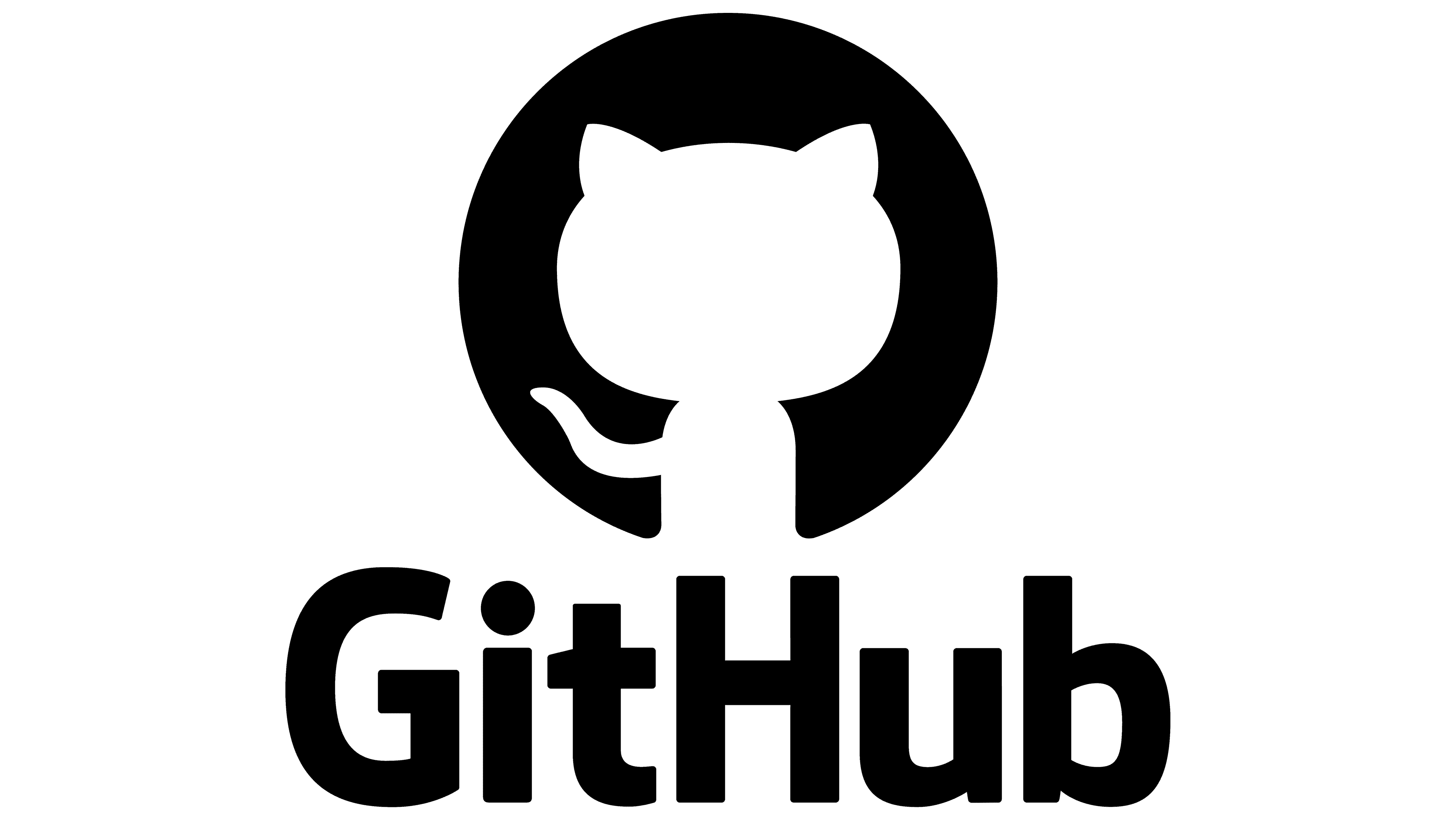Table of Contents
- I. Introduction
- II. Understanding Github’s Developer Community
- III. The Evolution of Github’s Monetization Strategy
- IV. Leveraging Data: Github’s Insights and Analytics
- V. Expanding Revenue Streams Beyond Subscriptions
- VI. Github Sponsors: Empowering Developers and Open-Source Projects
- VII. Platform Monetization Challenges and Innovation
- VIII. Github’s Commitment to Social Impact and Community
- IX. Summary and Key Takeaways
- X. FAQs
I. Introduction
The rise of open-source projects
- Open-source projects have revolutionized the software development landscape, allowing developers to collaborate and contribute to projects freely.
- The proliferation of open-source projects has created a global community of developers who share their expertise and build upon each other’s work.
The birth of Github

- In 2008, Github was founded by Tom Preston-Werner, Chris Wanstrath, and PJ Hyett, providing a platform for developers to collaborate on code and manage their projects efficiently.
- Github’s intuitive and user-friendly interface quickly gained popularity among developers, becoming a go-to platform for code collaboration.
Overview of the monetization journey
- At its inception, Github focused on providing value to the developer community and building a strong user base before delving into monetization strategies.
- Over the years, Github has implemented various tactics and business models to generate revenue while maintaining its commitment to developers and open-source projects.
II. Understanding Github’s Developer Community

Exploring the size and diversity of the developer community
- Github boasts an extensive developer community with millions of users worldwide. The platform has become a central hub for collaboration and knowledge-sharing among developers.
- This vast and diverse community comprises developers from different backgrounds, regions, and expertise, fostering a rich ecosystem for innovation and learning.
The pivotal role of collaboration and knowledge-sharing
- Collaboration lies at the heart of Github’s success. Developers can easily contribute to projects, suggest improvements, and review code, thus fostering collective learning and growth.
- Github’s seamless integration with other development tools enables developers to share their knowledge and leverage the collective intelligence of the community.
Contributions and values in the developer ecosystem
- The developer ecosystem thrives on contributions – from bug fixes to feature enhancements. Github’s platform empowers developers to showcase their skills and amplify the impact of their work.
- The values upheld within the Github community, such as transparency, inclusivity, and open communication, further strengthen the bonds between developers and create a supportive environment.
III. The Evolution of Github’s Monetization Strategy
Early challenges and the need for a profitable model
- While Github gained popularity among developers, the company faced initial challenges in developing a sustainable revenue stream.
- Operating costs, infrastructure maintenance, and expanding development efforts demanded the implementation of a viable monetization strategy.
Transition from free to freemium: Github’s pricing model revamp
- Github initially offered its services for free, allowing developers to collaborate on public repositories. However, to sustain its growth and continue improving its platform, Github revised its pricing model.
- The introduction of a freemium model enabled developers to enjoy additional features and benefits by opting for paid plans, while still providing access to basic functionalities for free.
Introduction of Github Enterprise and tailored solutions for businesses
- Recognizing the demand from enterprises for secure and scalable solutions, Github introduced Github Enterprise, a comprehensive platform tailored to meet the unique needs of large organizations.
- Github’s enterprise offerings include advanced security features, compliance certifications, and enhanced collaboration capabilities, ensuring seamless code collaboration within businesses.
IV. Leveraging Data: Github’s Insights and Analytics
Harnessing user data for targeted advertising and insights
- Github leverages its vast repository of user data to offer targeted advertising opportunities to businesses seeking to connect with developers.
- By analyzing user preferences, coding languages, and project history, Github enables advertisers to reach their target audience and promotes relevant products or services.
Analyzing code repositories for trend prediction and market research
- Github’s code repositories serve as a goldmine of valuable insights for trend prediction and market research.
- Through advanced analytics and machine learning algorithms, Github can identify emerging technologies, popular coding frameworks, and developer preferences, enabling businesses to stay ahead of the curve.
Driving informed decision-making through data-driven features
- Github continues to develop data-driven features that empower developers to make informed decisions about their projects.
- Features such as code review suggestions, performance metrics, and dependency analysis provide developers with valuable insights, helping them optimize their code and enhance overall project quality.
V. Expanding Revenue Streams Beyond Subscriptions
Marketplace launch: A hub for developers and their creations
- Github’s introduction of the Marketplace unlocked new revenue streams by creating a centralized platform for developers to sell their products and services.
- The Marketplace offers a diverse range of applications, development tools, and services, providing developers with additional monetization opportunities.
Capitalizing on the app integration ecosystem
- Github’s integration ecosystem allows developers to connect their repositories with a wide array of external applications and services.
- By partnering with these applications, Github not only enhances the user experience but also generates revenue through alliances and collaborations.
The role of partnerships and collaborations in revenue diversification
- Github actively seeks partnerships and collaborations with other industry leaders, enabling it to diversify its revenue streams.
- By joining forces with tech giants, open-source projects, and educational institutions, Github expands its user base and taps into new markets, ensuring long-term financial stability.
VI. Github Sponsors: Empowering Developers and Open-Source Projects
Introduction to the Github Sponsors program
- Github Sponsors is a program that allows individuals and organizations to financially support open-source developers and projects.
- This initiative empowers developers to pursue their passion projects and contribute to the open-source community without financial constraints.
Showcasing success stories: Developers earning through sponsorship
- Github Sponsors has proven to be a game-changer for many developers, enabling them to earn a sustainable income while focusing on meaningful open-source contributions.
- Countless success stories exist within the Github Sponsors program, highlighting the positive impact it has had on the lives and careers of developers.
The impact of Github Sponsors on the open-source community
- Github Sponsors has fostered an environment of increased collaboration, support, and recognition within the open-source community.
- By financially rewarding developers for their contributions, Github Sponsors encourages sustained commitment, leading to improved software quality and innovation.
VII. Platform Monetization Challenges and Innovation
Balancing profitability without alienating the core community
- Github faces the challenge of maintaining profitability while preserving the trust and loyalty of its core developer community.
- Striking a balance between monetization efforts and ensuring accessible and valuable services is crucial to maintaining a healthy ecosystem.
Addressing user concerns regarding pricing and value-for-money
- Github acknowledges user concerns surrounding pricing and continuously solicits feedback to improve its pricing models and provide enhanced value.
- Regular communication, transparency, and fair pricing strategies help Github establish trust and address the needs of developers effectively.
Continuous innovation: Github’s commitment to providing exceptional services
- Github differentiates itself from competitors by consistently innovating and introducing new features that enhance developer productivity and project management.
- By investing in research and development, Github remains at the forefront of technology, catering to the evolving needs of developers and businesses.
VIII. Github’s Commitment to Social Impact and Community
Investing in educational initiatives and coding programs
- Github recognizes the importance of fostering the next generation of developers and invests in educational initiatives, scholarships, and coding programs.
- By supporting educational institutions and underrepresented communities, Github contributes to a more diverse and inclusive technosphere.
Promoting diversity and inclusion within the developer community
- Github actively promotes diversity and inclusion by providing resources, hosting inclusive events, and supporting organizations that strive for equitable opportunities.
- By nurturing an inclusive community, Github creates an environment conducive to innovation, creativity, and collaboration.
Github’s grants and funding for open-source projects
- Github understands the financial challenges faced by open-source projects and offers grants, funding, and sponsorship opportunities to support their sustainability.
- This commitment to supporting open-source projects not only fosters innovation but also strengthens the developer ecosystem as a whole.
IX. Summary and Key Takeaways
Recap of Github’s monetization journey and milestones
- Github’s transformation from a code collaboration platform to a profitable empire has been marked by significant milestones and strategic decisions.
- From the birth of the platform to the introduction of Github Sponsors, each step contributed to the company’s success story.
Lessons learned for developers and businesses in the tech industry
- Github’s journey offers valuable lessons for developers and businesses in the tech industry, emphasizing the importance of building a robust community and prioritizing user needs.
- By maintaining a user-friendly interface, leveraging data insights, and embracing innovation, companies can create sustainable revenue models while empowering their user base.
The future of Github and implications for the developer community
- Github’s future lies in continued adaptation to emerging trends, diversifying its revenue streams, and reinforcing its commitment to developers and open-source projects.
- The platform’s success has far-reaching implications for the developer community, highlighting the possibilities of collaboratively driving innovation while thriving financially.
X. FAQs
How does Github generate revenue?
- Github generates revenue through a freemium model, where paid plans offer additional features to developers while basic functionalities remain accessible for free.
- Additionally, Github’s Marketplace, partnerships, and sponsorship programs contribute to its revenue streams.
Can individual developers earn through Github?
- Yes, individual developers can earn through Github by participating in the Github Sponsors program, which enables them to receive financial support from individuals and organizations.
How does Github protect the rights of open-source contributors?
- Github ensures that open-source contributors retain the rights to their code and projects by providing robust version control, flexible licensing options, and clear attribution guidelines.
- The platform also encourages responsible code sharing and respects individual contributors’ choices regarding licensing and intellectual property.
What is the future outlook for Github’s monetization strategies?
- Github’s future monetization strategies will likely focus on further expanding its Marketplace offerings, strengthening partnerships, and exploring new avenues for revenue generation.
- The company’s commitment to the developer community and open-source projects will remain at the forefront of its efforts.
Follow us on our Instagram – @squarebox.in
Read more interesting articles and blog by clicking here.
